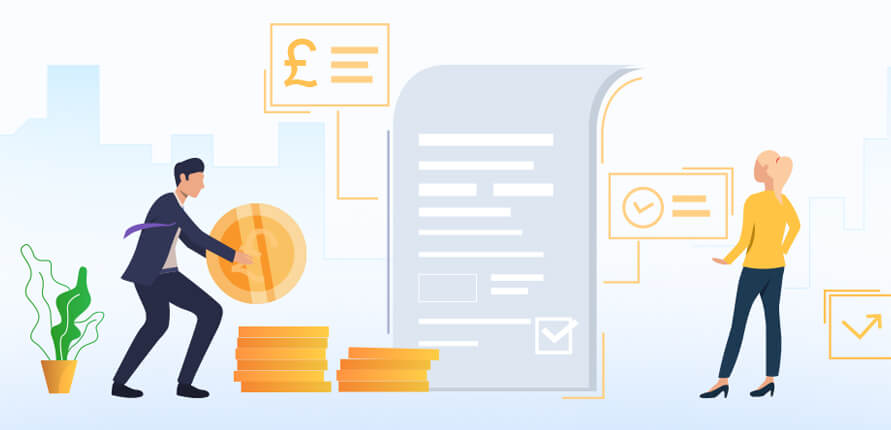
Had enough of the weather in the UK this summer, heading off somewhere warm and sunny for holiday? Renewed your passport, started packing up, booked hotel and flight tickets, called mom to look after the little one at home… You are set and ready to go… Or are you? As your most trustworthy advisors, it is our responsibility to remind you of the boring business before you take your long-awaited vacation this year. Did you pay your second half of the installment from the last tax year?
We can hear you say “What installment?”. For the definition of Payments on accounts, you can have a look at our other blog posts. (Payment on Account)
Do I need to make payments on account?
YES, unless;
- Your tax bill for the last tax year was less than £1000,
- You`ve already paid 80% of your total tax bill.
As a sole trader (self-employed) if your tax bill for 2018/2019 is more than £1000, including Class 4 National Insurance (annual profit exceeding £8,632), you`ll need to pay the second installment by the 31 st of July at midnight. That`s right, yet another midnight deadline is coming. Companies House`s new application “Thumbs Dave” comes quite handy in terms of reminding you, of your tax return you can simply sign-up with CoHo`s e-mail reminder to keep yourself updated with your tax return, payment due dates, and a variety of other deadlines. Payments on Account is just one of them.
When do I need to make Payments on the Account?
You`ll need to make PoA only if your tax bill is more than £1000 after PAYE for the last tax year (2018/2019.) In other words, after PAYE deductions if you are still obliged to pay more than £1000 you`ll have to enroll with Payments on Account. The exemption is to have taxed 80% of your total income in the last tax year.
You should contact HMRC or Online Account Filing if you are about to change your tax status from self-employed to PAYE. In doing so, you`ll have reduced your tax.

How to pay my Payments on Account?
- Debit or Credit Card: You can make your second installment payment using your debit or credit card. But before you do anything, remember you won`t get any refund if through credit card payment once your transaction is being processed.
- Direct Debit: Setting up a direct debit account with HMRC comes in handy, especially if you`re too busy with the daily grid to remember this small (!) detail. Click here to set up your direct debit with HMRC.
- Telephone banking or banking app: Yes we know for a fact that telephone banking can sometimes take longer than being psychically in your bank`s nearest branch, therefore we personally recommend you download your banking app. Bank transfer through your app would be significantly more hassle-free compared to other options unless you have less than 5 days left to the deadline as the transaction could take up to 5 working days depending on the bank.
- Check: Alternatively you can simply pop into your nearest Post Office to send a check to HMRC Direct, BX5 5BD. You can click here to print out your “paying-in- slip” form to set up a check payment, please note that you should obtain your Unique Tax Reference Number (UTR) to fill the form. Just as a quick reminder it might take up to 3 days for the check to arrive at HMRC.
- In a hurry? Then you can go to the nearest branch of your bank and make the payment by the cashier.
In a hurry? Then you can go to the nearest branch of your bank and make the payment by the cashier.
At Online Account Filing, we help over 700 sole traders and professional individuals like yourself in a year. Avoid the rush and high fees by leaving things at the last minute, get it sorted today!











